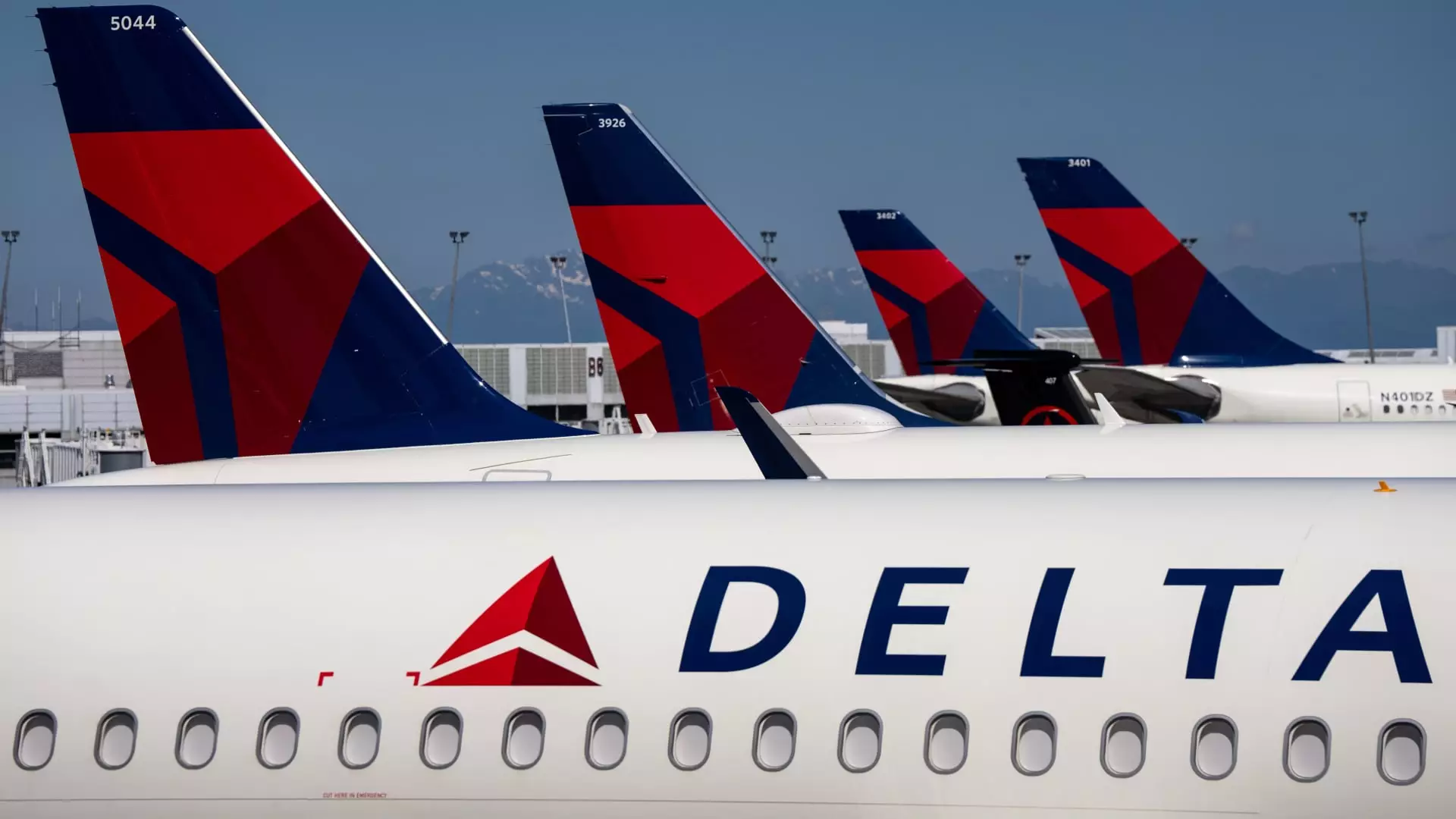Delta Air Lines recently faced a significant operational challenge, resulting in the suspension of hot meal service on over 200 flights originating from its hub at Detroit Metropolitan Wayne County Airport (DTW). The company announced that this action was a precautionary measure in response to a food safety issue that arose during an inspection of one of its catering facilities. Such disruptions raise important questions about food safety protocols within the airline industry and how they impact passenger experience.
According to Delta, an inspection conducted by its catering partner revealed potential food safety complications at the DTW facility. This prompted immediate action, with Delta halting all hot food production and redirecting meal provisioning to other kitchens. The airline’s decision speaks volumes about its commitment to customer safety, yet it shines a spotlight on the complexities of managing supply chains, particularly in the context of food services that require stringent condition adherence.
This incident emphasizes the interconnectedness of the airline’s operational components and the critical role that third-party suppliers play in ensuring quality and safety. It raises concerns about how frequently such inspections occur and what procedures are in place to prevent similar issues in the future.
The news of meal service suspension inevitably impacted passenger satisfaction. According to internal communications, first-class passengers were informed that their meals could not be loaded due to an “unforeseen supply chain issue,” leading to an increase in snack offerings instead. Such last-minute changes can contribute to dissatisfaction among travelers who expect a certain level of service, particularly when flying in premium classes.
In an effort to mitigate the fallout, Delta provided affected customers with travel vouchers or frequent flyer miles as compensation, showcasing the airline’s attempt to maintain customer loyalty in the face of adverse service changes. However, a discussion about the effectiveness of this responsive measure is warranted, as it may not fully offset the inconvenience experienced during travel.
Delta Air Lines’ recent experience serves as a critical reminder of the challenges airlines face when managing complex food service operations. While the suspension of hot meal services might be a necessary response to food safety concerns, it also underscores the precarious balance between operational reliability and customer satisfaction. Moving forward, Delta must not only address any underlying issues within its supply chain but also enhance communication with passengers to maintain confidence in its service offerings.
As the airline industry evolves, the stakes surrounding food safety and customer experience remain high. Delta’s proactive measure reflects a commitment to the well-being of its passengers, yet it’s essential for the airline to use this incident as a learning opportunity, reinforcing protocols and strategies to avert similar challenges in the future. In the end, the aim is to ensure that travel remains a positive experience, marked by reliability and care.

